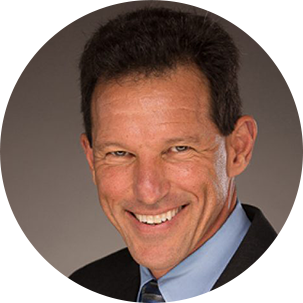Our Team
Physicians
Physician Assistants
As a fully licensed healthcare provider, our Physician Assistants perform full evaluations, treatments, minor in office procedures, fluoroscopy guided injections, bracing and medication management and assist in the operating room.




























